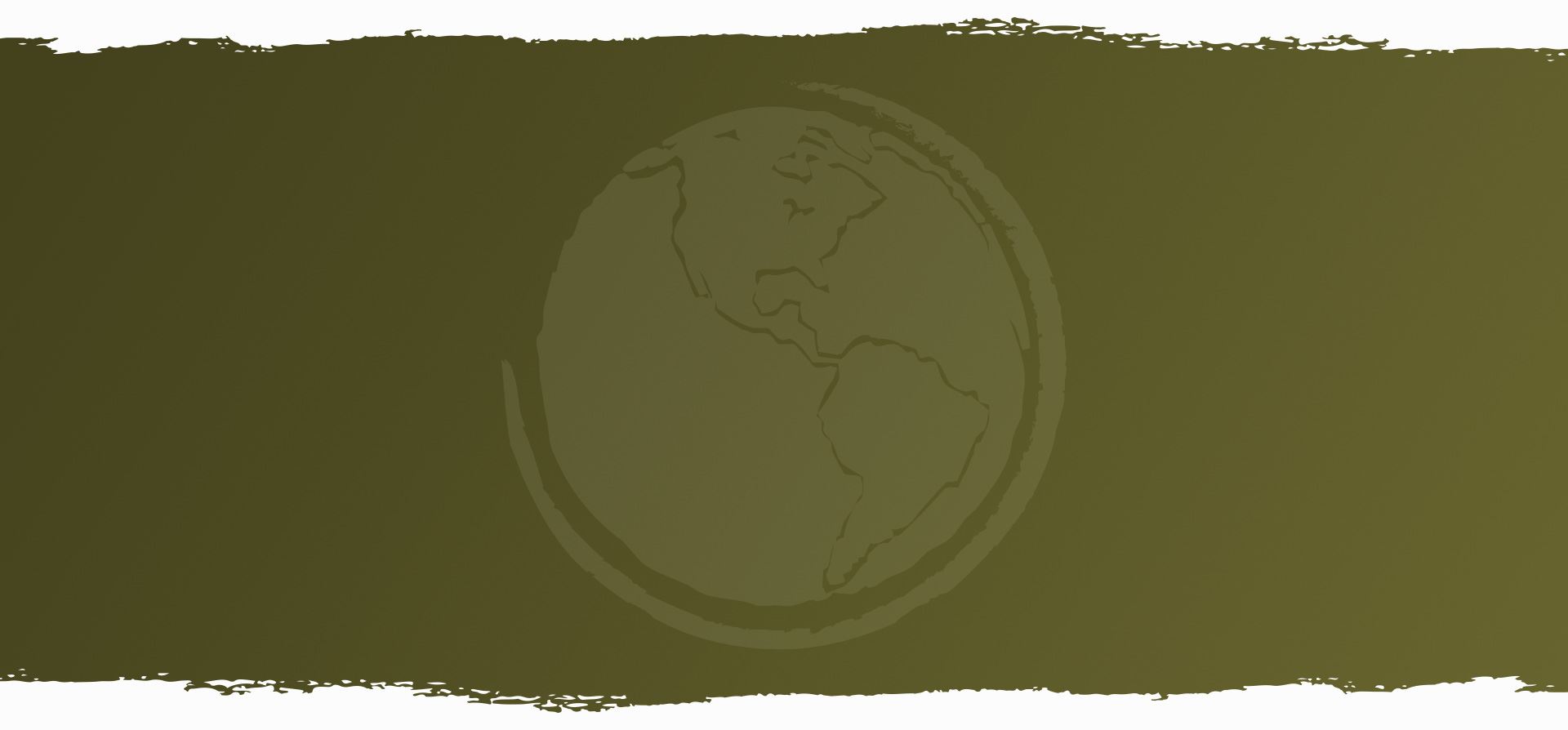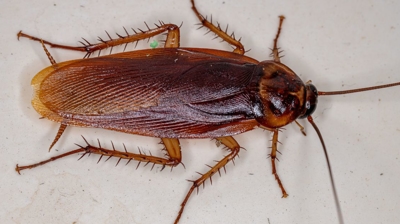Bee & Wasp Removal Services in Dallas-McKinney, TX
Green Pest Guys can help with all of the beehive removal or wasp removal assistance you need.
Comprehensive Guide to Bees & Wasps
.2405081216550.jpg)
Review the answers to frequently asked bee and wasp questions if you want to know how to properly defeat these pests and learn how to properly go about pest control in Dallas-McKinney, TX.
Your Questions Answered: Bees & Wasps
Understanding Bees and Wasps
Bees and wasps are stinging insects that may become a serious problem on your property if an infestation is left untreated. There are several different types of wasps and bees, although you'll see some species around human structures more often than others. The bee and wasp species you need to look out for include honey bees, carpenter bees, hornets, yellow jackets, paper wasps, red wasps, and cicada killers.
It can be difficult – and dangerous – to attempt identification of these species by yourself, which is where Green Pest Guys can step in. Count on our service technicians for the proper bee and wasp identification and the best home pest control and commercial pest control advice you need.
Assessing the Dangers of Bees and Wasps
Bees and wasps can be dangerous when infesting your property, especially if infestations are left untreated and allowed to grow out of control. Most wasp types are known for their aggressive nature and tendency to sting anything they perceive as a threat. It's easy to stumble across a hidden nest and become swarmed by wasps, which may trigger allergic reactions.
Bees aren't quite as aggressive, but honey bees around your property may be frightening, and infestations of carpenter bees result in damage to wooden structures on your property. Professional bee control and wasp removal are essential if you want to avoid the dangers these pests present.
For more information on how to handle these pests, visit our Pest Library.

Hear From Our Happy Customers
At Green Pest Guys, your satisfaction is our priority! See for yourself what our customers have to say about working with us.
-
"Thanks, Green Pest Guys!!!"The staff, particularly the technicians, have all been professional and thorough with their work. I appreciate that they don’t use toxic chemicals to spray the interior and exterior of my house.- Sophia N.
-
"We love this team!"Every technician we’ve met has been so friendly and they get the job done efficiently. I have been so pleased with every aspect of the company - scheduling process, availability, reliability, punctuality, customer service, all of it.- Ellen S.
-
"I've been using their service for several years now. I have not a single complaint. Excellent company to do business with!"- Daniel H.
-
"Very thorough!"Brady has treated our home on several occasions and is thorough in completing his work. He has great communication skills and always listens to our concerns and makes recommendations to address our issues.- Peter S.
-
"They treat you like family!"Mark and his team at Green Pest Guys are fantastic! They’ve been coming out to our house the past year for our routine sprays. They are all incredibly knowledgeable and personable. Their service is exceptional, and we are so thankful!- Scout W.
-
"Great company to do business with!"Had my first treatment completed today and everything went smoothly. Everything leading up to this was quick and efficient and the customer service is unmatched. Craig, the technician, was very informative and showed up on-time, exceeding my expectations.- Robert R.
Why Do I Have a Bee and Wasp Problem?
A bee and wasp problem around your property may be because your property has plenty of factors that attract these pests on display. Lots of sweet-smelling flowers, foods, and drinks that get left outside, trash cans without lids, unfinished wood, and overgrown areas to nest can encourage a stinging insect colony to move onto your property.
Where will I find bees and wasps?
Outdoors, bees and wasps can be found nesting high up in trees, under the eaves of patios or decks, hiding in holes in the ground, or along the siding of your structure. Indoors, wasp and bee nests might be in attics, wall voids, or garages.
How do I get rid of bees and wasps?
Getting rid of bees and wasps means investing in wasp and bee control services for your property. Our team at Green Pest Guys is happy to help you with this process and can ensure the removal of your stinging insect problems safely and in as stress-free a way as possible. Contact us today to learn more or get started.
-
Exceptional Customer ServiceAt Green Pest Guys, our customers are our highest priority. We work hard to earn your trust and always go above and beyond to ensure your satisfaction.
-
Eco-Friendly TreatmentsGreen is in our name for a reason! Our treatments are eco-friendly, which not only makes them safer for the environment but also safer for your family.
-
Effective ServiceMany pest control companies rush through their treatments and end up skimping on their services. We take our time to do the job right.



.2504070809092.jpg)
[1].2502180702092.jpg)



